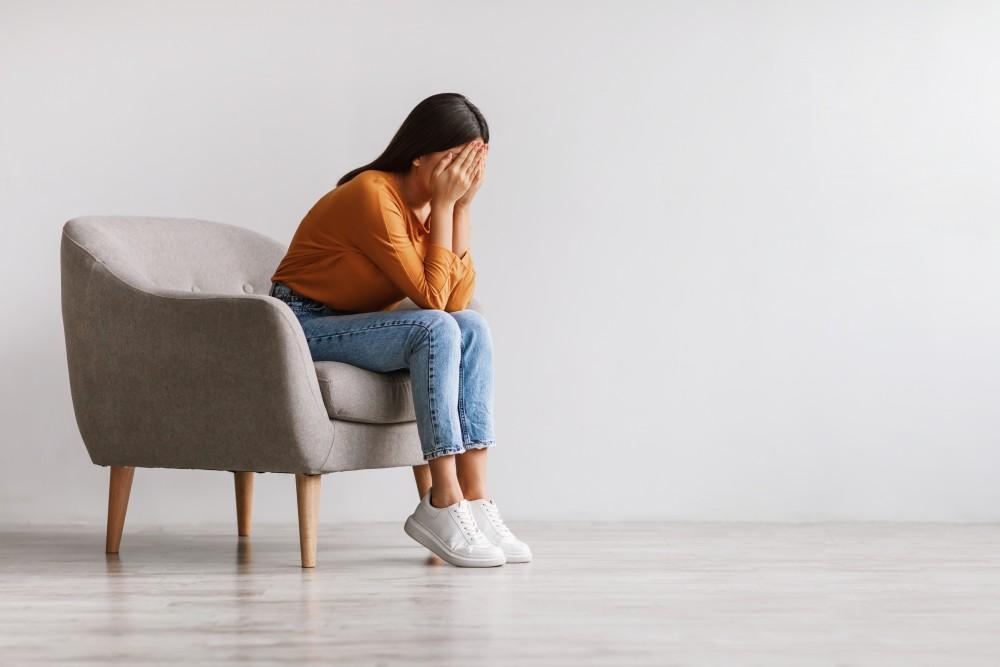
Ketamine Is Answering the Call for Treatment-Resistant Depression

For the millions of Americans who struggle with major depressive disorder, including 21 million adults, hope can become overshadowed by sadness and despair. If your depression turns out to be treatment-resistant, whatever glimmer of hope you might’ve had can quickly burn out.
Unfortunately, that’s the case for at least 30% of people with depression — traditional treatments don’t work, and they get classified as having treatment-resistant depression.
Dr. Neal Taub and the team at Charlotte Ketamine Center want you to consider a significant point in all of this — this resistance is toward medications like antidepressants and doesn’t include ketamine, which is an emerging solution for depression.
Here, we take a look at how ketamine therapy provides much-needed hope to people battling treatment-resistant depression.
Behind treatment-resistant depression
To call mental health complex is an understatement. Whether it’s depression, anxiety, post-traumatic stress disorder (PTSD), or some other condition, no one-size-fits-all solution works across the board.
Back in the 1950s, when antidepressants were introduced, they were the first significant advancement in mood regulation. But this class of medications doesn’t work for everyone.
If you’re reading this because you have treatment-resistant depression, it’s likely that you’ve undergone months, if not years, of trying different combinations and doses of medications.
Or, maybe your medications once worked but have become far less effective over time.
The reality is that at least one-third of people with depression don’t respond to medications for a variety of reasons, and brain chemistry certainly plays a large role.
Breaking free from depression with ketamine
The inroads that ketamine is making in the field of mental health have been significant, and they started with successfully addressing treatment-resistant and severe depression.
Ketamine is fast-acting, so practitioners began to use it with people who were treatment-resistant and having suicidal thoughts. And the results were good.
For example, in one study, 75 patients ages 18-65 with treatment-resistant depression were given three IV ketamine infusions over 11 days. Two-thirds of the patients responded to the treatments, and more than half (52%) achieved remission.
Ketamine works by waking up dormant neural connections and encourages the regrowth of healthier brain connections to break out of the cycle of depression.
And it does so quickly, allowing people who are spiraling in their depression to reverse the spiral and re-emerge with better moods and outlooks in days rather than weeks or months.
If you’re tired of being stuck in your treatment-resistant depression, it’s time you explore the benefits of ketamine therapy. To get started, we invite you to call our office in Charlotte, North Carolina, at 704-519-6918 or use our online email form to send us a message.
You Might Also Enjoy...


Is a Home Ketamine Lozenge Program Right for You? Understanding the Benefits

New Hope for Chronic Pain Sufferers: Combined Ketamine Therapy

Struggling with Severe Depression? Ketamine Could Help Make the Holidays Easier

The Link Between Diabetes and Neuropathic Pain

